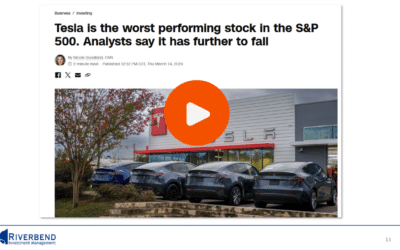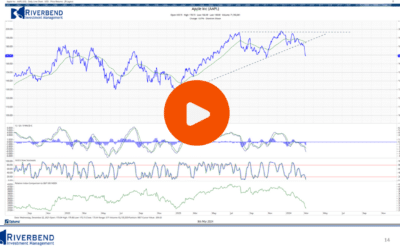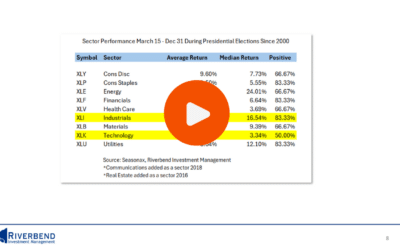Study after study has conclusively shown that consistently outperforming the S&P 500 (i.e. “beating the market”) over the long term is an immensely challenging feat. However, it is striking how frequently I get asked the same question by prospective investors: “How have you managed to beat the market?”
Usually, my response revolves around asking them, “Is that what you truly desire?” The reactions vary, ranging from bewilderment to a resounding affirmation.
Nevertheless, as the conversation progresses, investors gradually realize that this perspective is fundamentally flawed. The pursuit of beating the S&P 500 often leads to unmet expectations and unrealized objectives.
Greed and fear typically disrupt those investors focused on beating the market causing average investors to actually underperform the market – by a lot!

Positive returns beyond the S&P 500 may initially sound appealing, but they do little to provide investors with peace of mind. Moreover, such an endeavor might prove impractical and necessitate taking on unacceptable risks.
If Not Beating the Market…
So, what should be the focus? Your goals!
Recalling recent history, let’s not extend back too far—just to 2008-09. If your portfolio witnessed a 35% decline in 2008 and achieved a modest 3% gain in 2011, you would have beaten the S&P 500 in both years. What does this say?
Frankly, none of those returns seem compelling to me.
The primary message is simple: benchmarking your goals and expectations against the S&P 500 or any other solitary index is an imprudent practice.
Instead of fixating on beating the market, prudent investors should:
- Clearly define their goals.
- Thoroughly evaluate the associated costs of achieving those goals.
- Entrust their investment advisor with devising a plan that is likely to facilitate the accomplishment of these objectives with the least amount of risk.
Relevance is Key
Relative benchmarking holds little relevance and significance in the world of investing. Your financial well-being is not determined solely by how you fare against the S&P 500.
For instance, if you are retired and possess a properly diversified portfolio, it is quite likely that you may have underperformed the S&P 500 in 2021 but possibly outperformed it year-to-date in 2022. However, this should not be of utmost importance.
Remember, the S&P 500’s financial objectives do not align with yours.
Invest smarter – reach out to us to learn what the best type of strategy is for you. Schedule a call with us to learn more!




